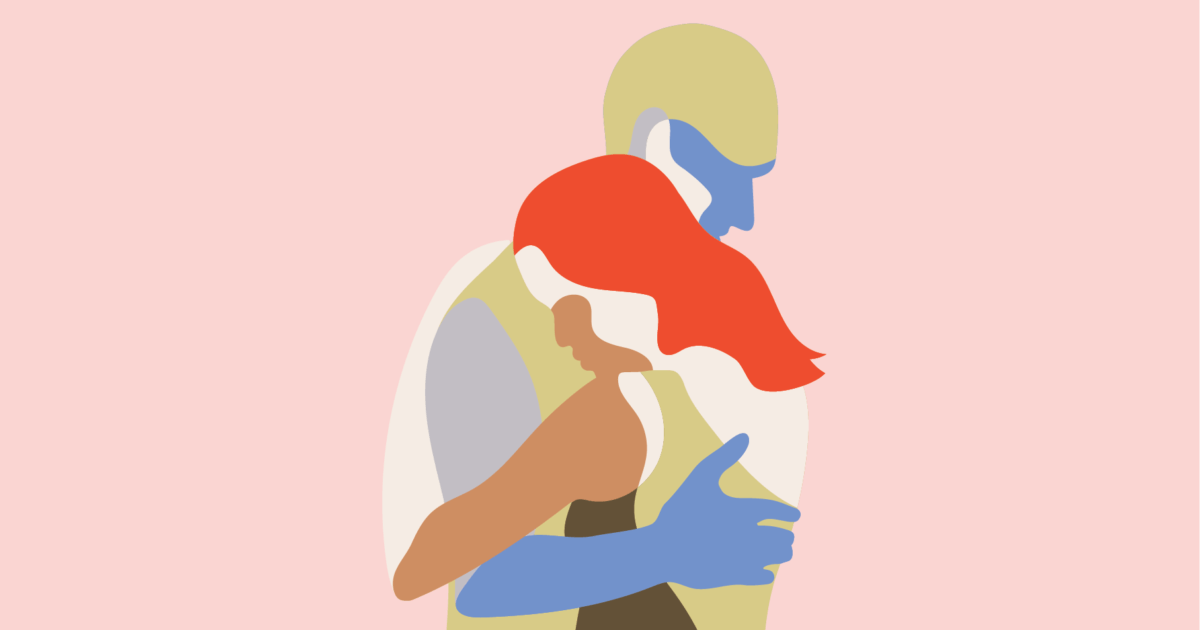Close the Gap
- SurvivorNet will host a virtual conference in collaboration with Perlmutter Cancer Center at NYU Langone Health to raise awareness about huge disparities that exist for minorities when it comes to cancer care on Thursday, June 17 at 1 p.m.
- Poverty, a lack of access to health care services, lack of insurance and institutional racism have led to unacceptable racial disparities within cancer care.
- We hope to enlighten, challenge and educate participants with a series of speakers and a musical guest. Visit our Close the Gap page to register for the free event.
The event, produced by SurvivorNet in collaboration with Perlmutter Cancer Center at NYU Langone Health, will be held virtually on Thursday, June 17 at 1 p.m. ET. The event is free.
Read MoreBut the event is not meant to be a one-time effort for SurvivorNet it’s a part of an ongoing conversation. We launched our “Close the Gap” initiative almost a year and a half ago. Since its inception, the initiative has led to the creation of many short films, articles and events designed to address these issues of inequality within the American healthcare system.
“Democratizing access to cancer information is what we’re all about, and the racial disparities issue is at the core,” says SurvivorNet founder and CEO Steve Alperin. “Since the company’s founding we’ve been trying to help solve this very real problem.”
Poverty, a lack of access to health care services and insurance have led to unacceptable racial disparities within cancer care. For example, we know that Black Americans have the highest cancer death rates and shortest survival times of any racial or ethnic group in the country. A black woman who gets breast cancer in America has a 39 percent higher chance of dying than a white woman, and African-American men with prostate cancer are almost twice as likely to die from their illness than white men with the same disease.
We also know that Hispanics and Latinos are more likely to be diagnosed at a later, less curable stage of liver, stomach and cervical cancers, and Asian Americans and Pacific Islanders are twice as likely to die from liver and stomach cancers as whites.
Panelist Dr. Joseph Ravenell recognizes the inequities that exist in cancer care and wants to be a part of the solution.
"As someone who has worked for many years to achieve cancer health equity, I am thrilled to be part of events like 'CTG' because it is a critical first step for increasing awareness and finding solutions to eliminate inequities in cancer outcomes," he says.
Dr. Ben Neel, director of NYU Langone's Perlmutter Cancer Center and professor of medicine at NYU Grossman School of Medicine, says health care disparities are a persistent problem not only in New York, but across the nation, and the COVID-19 pandemic has revealed the extent of disparities within the healthcare system.
“Perlmutter Cancer Center at NYU Langone serves a diverse patient population that is a microcosm of the US of the future,” Dr. Neel says. “As an NCI-designated Comprehensive Cancer Center, we have a particular obligation to ensure that all patients have easy access to the latest information in cancer prevention, the latest technologies in cancer diagnosis and the most cutting-edge therapies. We look forward to this inaugural Close the Gap event and strongly support its long-term mission to lessen the burden of cancer to those who need it most in our society.”
Panelist Dr. Marilyn A. Fraser echoed these sentiments and says she’s excited to engage in a conversation about approach how to approach health through a social justice lens.
"While we may be in a better place where COVID is concerned, the health inequities that were brought to the forefront by COVID are still present,” she says. “There is so much more work to be done."
For Kimberly Alexander, the panel is personal. Her husband, former NFL linebacker Elijah Alexander, died from multiple myeloma.
“Losing my husband to myeloma started me on a journey where I became aware of how the lack of education and lack of access plagued so many facing a cancer diagnosis,” she says. “My goal is to be a part of the solution that improves disparities, making them a thing of the past. Events like Close the Gap get us one step closer to making that happen.”
Best-selling author and lymphoma survivor Alex Echols says during his journey from cancer patient to survivor, he’s aimed “to be my biggest advocate and to speak up for myself in times of great uncertainty and challenges.”
Today he advocates on Capitol Hill and lobbies for greater support, care and funding for those affected by cancer.
“I believe it is not our setbacks that define us, but how we respond to those setbacks that gives us our power,” he says.
Learn more about SurvivorNet's rigorous medical review process.


